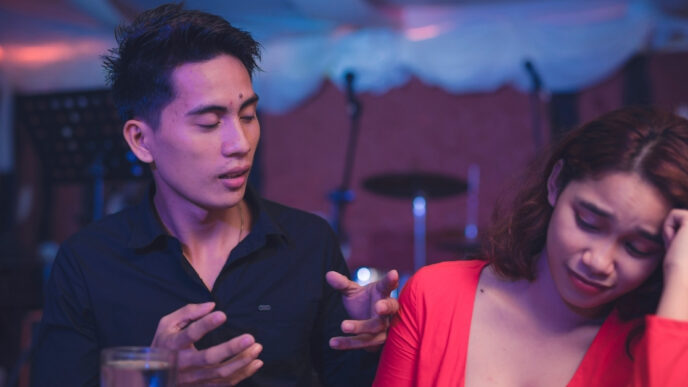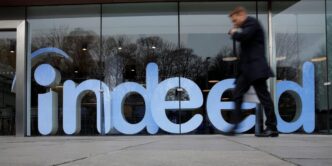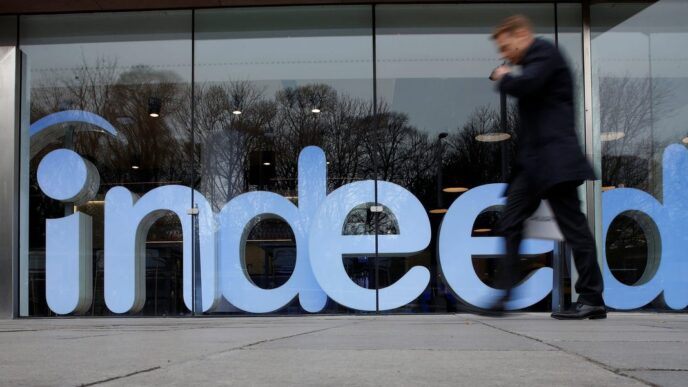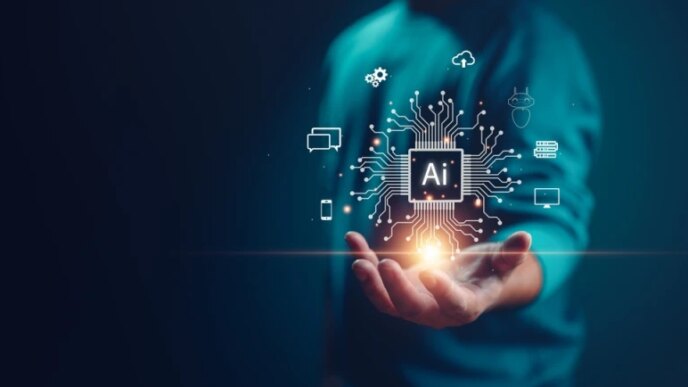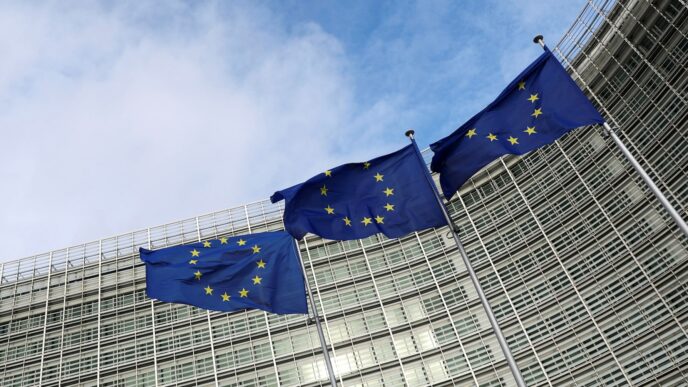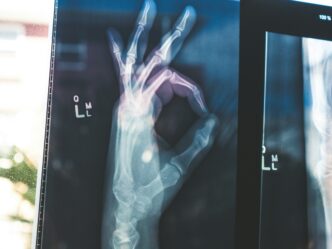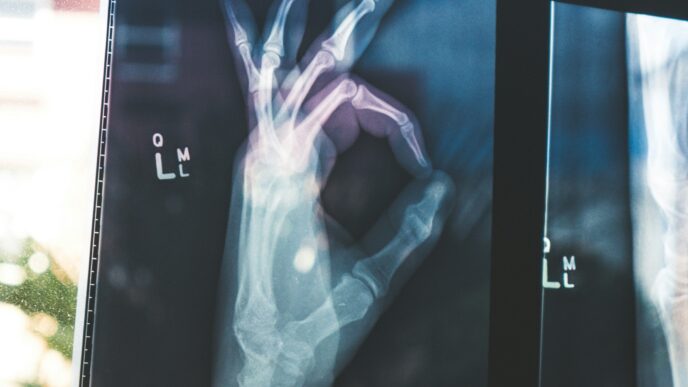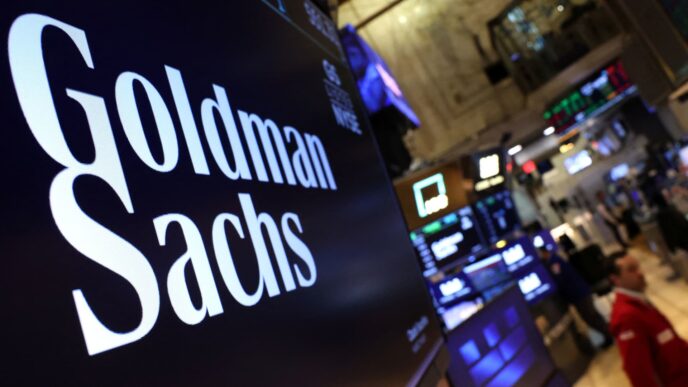MyPillow CEO Mike Lindell’s lawyers just got hit with fines for AI legal blunders.
Two attorneys, Christopher Kachouroff and Jennifer DeMaster, were ordered by a federal judge in Colorado to pay $3,000 each. Why? They submitted a court filing packed with AI-generated errors, including fake case citations that don’t exist.
Judge Nina Y. Wang slammed the sloppy February filing in Lindell’s defamation case. More than two dozen mistakes, mostly hallucinated cases made up by AI, violated court rules requiring lawyers to verify their claims.
The defamation case ended last month with Lindell losing and getting hit with a $2 million penalty for false claims about Dominion Voting Systems and vote-switching in the 2020 presidential election.
The fine sends a clear message to lawyers using AI in court — verification is mandatory.
"Notwithstanding any suggestion to the contrary, this Court derives no joy from sanctioning attorneys who appear before it," Judge Wang wrote. "Indeed, federal courts rely upon the assistance of attorneys as officers of the court for the efficient and fair administration of justice."
Kachouroff tried to pass blame to DeMaster, saying she mistakenly filed a draft with errors. Judge Wang wasn’t buying it and scolded him for not admitting he used AI until directly asked.
"Not until this Court asked Mr. Kachouroff directly whether the Opposition was the product of generative artificial intelligence did Mr. Kachouroff admit that he did, in fact, use generative artificial intelligence," Wang wrote.
Experts warn this is far from isolated. Generative AI is causing repeated legal filing fiascos, with hundreds of cases worldwide showing hallucinated content. Some courts are already demanding lawyers disclose AI usage, while others ban it outright in filings.
Legal AI pros say the solution is simple: verify everything, don’t trust AI blindly.
Maura Grossman, law and computer science professor, called the errors "egregious" and said the fines were relatively light. She warned lawyers against hiding AI mistakes.
"You are likely to get a harsher penalty if you don’t come clean," Grossman said.
The MyPillow case spotlights the growing clash between rapid AI adoption and slow legal standards to keep it in check.
Image credits:
Mike Lindell at Trump rally | Octavio Jones/Getty Images
ChatGPT illustration | Nicolas Maeterlinck/BELGA MAG/AFP via Getty Images




